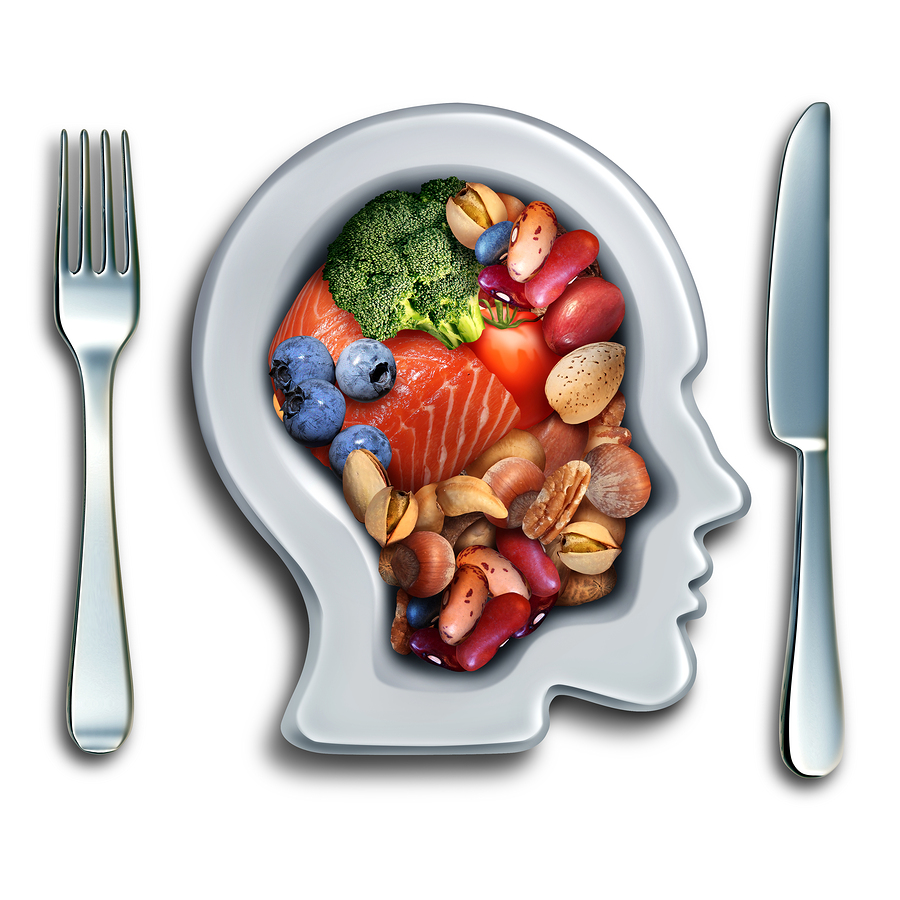- Make It Yourself Lavender Heart-Shaped Bath Bombs!
- 20 Things You Never Knew About “Down There”
- 12 Best Foods For Those Suffering From Arthritis Pain
- 12 Personal Hygiene Mistakes Almost Everyone Makes (Mom Never Told You About #4!)
- 15 Medicinal Plants And Herbs From The Cherokee People
- 12 Mind-Blowing Benefits Of Drinking Coconut Water During Pregnancy
- 12 Outstanding Winter Foods That Won’t Fatten You Up Like A Christmas Turkey
How To Boost Your Brain Health As You Age

Photo credit: bigstock.com
Boosting brain performance has become a big topic over the past decade, and a big industry as well. Many people want to improve their focus, their productivity, and their cognitive performance, leading to the development of so-called “smart drugs,” also known as nootropics. Other people simply want to keep their minds sharp as they get older and avoid the scourge of age-related cognitive decline.
It can be very tempting to think that just popping a magic pill will suddenly boost your brain power, like the fictional drug “NZT” in the 2011 film Limitless. But the truth is that many of these supplements are unproven. Some can be ineffective, and others potentially dangerous. So, what’s the solution? What can you do to improve your brain power and defend against conditions like Alzheimer’s disease?
What if we told you that making a few simple changes to your lifestyle and diet could make all the difference? In this guide, you’ll learn about the foods and behaviors that will help you build a strong and healthy brain for life. Keep reading!
Continue to Page 2

Photo credit: bigstock.com
Age and the Brain
Many people think that losing your mental faculties is a natural and unavoidable part of aging. But why are some people afflicted with dementia late in life, while others, like Queen Elizabeth and Henry Kissinger, are still sharp as a tack well into their 90s?
While genetics is a factor, a big part of the equation that not enough people pay attention to is choices.
Choices about what to eat and what to do with your time. The choice to have an active and healthy social network. The choice to get plenty of exercise and sleep.
Let’s examine these one by one.
Diet and the Brain
It is an objective, scientifically verifiable fact that what you eat plays a role in your ability to think clearly, as well as your overall brain health. Have you ever noticed how sometimes, after eating a certain thing, or after drinking really cheap, low quality coffee, for instance, you feel a mental fog? Perhaps you find it more difficult to focus and concentrate than you normally do?
That’s no accident. Certain types of food produce clear thinking and protect the brain from age-related decline, and others do the opposite. It all comes down to nutritional content. If you put better “fuel” into your tank, your engine (the brain) will perform better. Expecting your brain to perform at a high level on Twinkies and soda is roughly analogous to putting diesel fuel into a car that runs on unleaded, and expecting it to perform just as well. Not gonna happen.
Generally speaking, sugary foods that are high in carbohydrates are the least healthy for the brain. On the other end of the spectrum, green vegetables, fish, and certain nuts and natural oils like olive and coconut oil are extremely beneficial for the brain. These foods are rich in omega-3 fatty acids, which are essential building blocks of brain tissue.
There are certain diets specially designed to ward off neurodegenerative decline, such as the MIND diet, which is based off the brain-healthy cuisines of the Mediterranean region. A 5-year study of elderly patients at risk for neurodegenerative conditions found that following the MIND diet led to a 53 percent lower risk of developing Alzheimer’s disease.
Continue to Page 3

Photo credit: bigstock.com
Lifestyle and the Brain
This brings us to lifestyle choices. It is important to get enough exercise and sleep. When we sleep, the brain actually “cleans” out the waste material which has accumulated during the day as a result of neural activity. When you’re not sleeping enough, this accumulates and takes a toll on cognitive ability, and in the long term, increases your risk of developing dementia. Again, genetics is a factor here, but lifestyle absolutely is as well.
With regard to exercise, everyone knows that it is good for your body, but researchers have now confirmed that getting regular, vigorous physical activity can lower your chances of developing Alzheimer’s disease by 50 percent. Hop on that treadmill! In the meantime, it will also boost your day-to-day cognitive performance.
It’s also important to get enough sun. Exposure to sunlight is the best natural source of vitamin D, and a study published in a 2014 issue of Neurology found that vitamin D deficiency is directly linked to a much higher chance of developing Alzheimer’s disease in elderly patients. Due to the amount of time modern people spend indoors, vitamin D deficiency is unfortunately very common.
KEEP READING: Top 12 Herbs to Improve Your Memory Power
Finally, it is important to maintain a strong social network. Studies have shown that people with healthy, meaningful relationships and friendships live longer and happier lives, and have a significantly lower chance of developing neurodegenerative conditions as they age. No man is an island. Make the choice to reach out and connect with people.
References:

































Marvin Zinn
Feb 20, 2017 at 7:25 am
I will try again later, but this subject “How To Boost Your Brain Health As You Age”
Continue to Page 2 is not active, or if I use next page at the bottom it is completely blank except for other subjects on the right side and the bottom.
What I do experience is from my cracked skull falling off a ladder I had already warned about where I worked. I was expected dead, but after seven weeks coma I woke up. I lost half of my vocabulary.